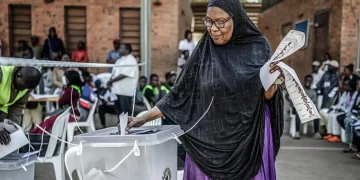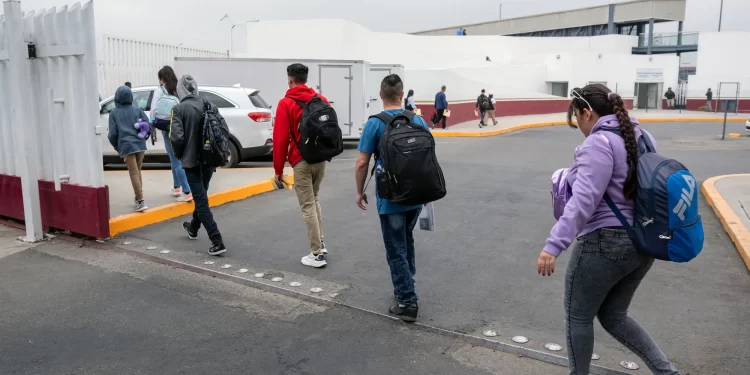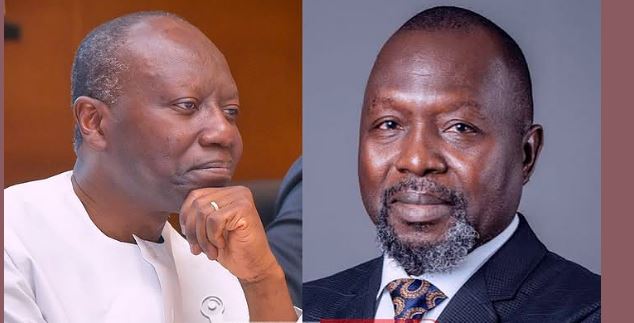In a bid to reduce the financial and logistical strain of deportation, the U.S. Department of Homeland Security (DHS) has introduced a controversial new initiative offering undocumented migrants $1,000 and paid travel if they voluntarily leave the country.
The program, described by officials as a “dignified” and cost-effective alternative to forced deportation, was announced Monday by Homeland Security Secretary Kristi Noem. “Self-deportation is the best, safest, and most cost-effective way to leave the United States to avoid arrest,” she stated.
The initiative is part of a broader immigration crackdown launched by President Donald Trump since returning to office in January. The administration has implemented a series of hardline policies, including invoking rarely used wartime powers, many of which have already drawn legal scrutiny and public criticism.
According to the DHS, individuals who opt into the voluntary return program will not be prioritized for detention and removal by immigration authorities. They will also be given the opportunity to use the Customs and Border Protection (CBP) One mobile application to confirm their departure and receive logistical support.
Officials noted that the cost of detaining and deporting a single undocumented migrant currently exceeds $17,000. The new program is designed to cut those costs substantially, allowing federal resources to be redirected toward high-priority cases.
The DHS confirmed that the first participant in the initiative has already departed the U.S., flying from Chicago to Honduras with government-paid travel.
Read Also: MTN Ghana hits record share price as Q1 profits surge, MoMo restructuring gains momentum
President Trump, speaking to reporters Monday, suggested that migrants who participate in the scheme may become eligible for a legal pathway to return in the future. The administration has not yet outlined the criteria or timeline for such a provision.
Despite its stated goals, the plan has sparked sharp criticism. Democratic Congressman Adriano Espaillat of New York condemned the measure on social media, writing, “We don’t bribe people to leave. We build a country where everyone belongs.”
Nevertheless, administration officials have pointed to early indicators of success, noting that illegal border crossings have dropped significantly. U.S. Border Patrol recorded just over 7,000 arrests at the southern border in March—one of the lowest monthly figures in years.
As legal challenges continue and public debate intensifies, the long-term viability and impact of the voluntary return program remain to be seen.
























